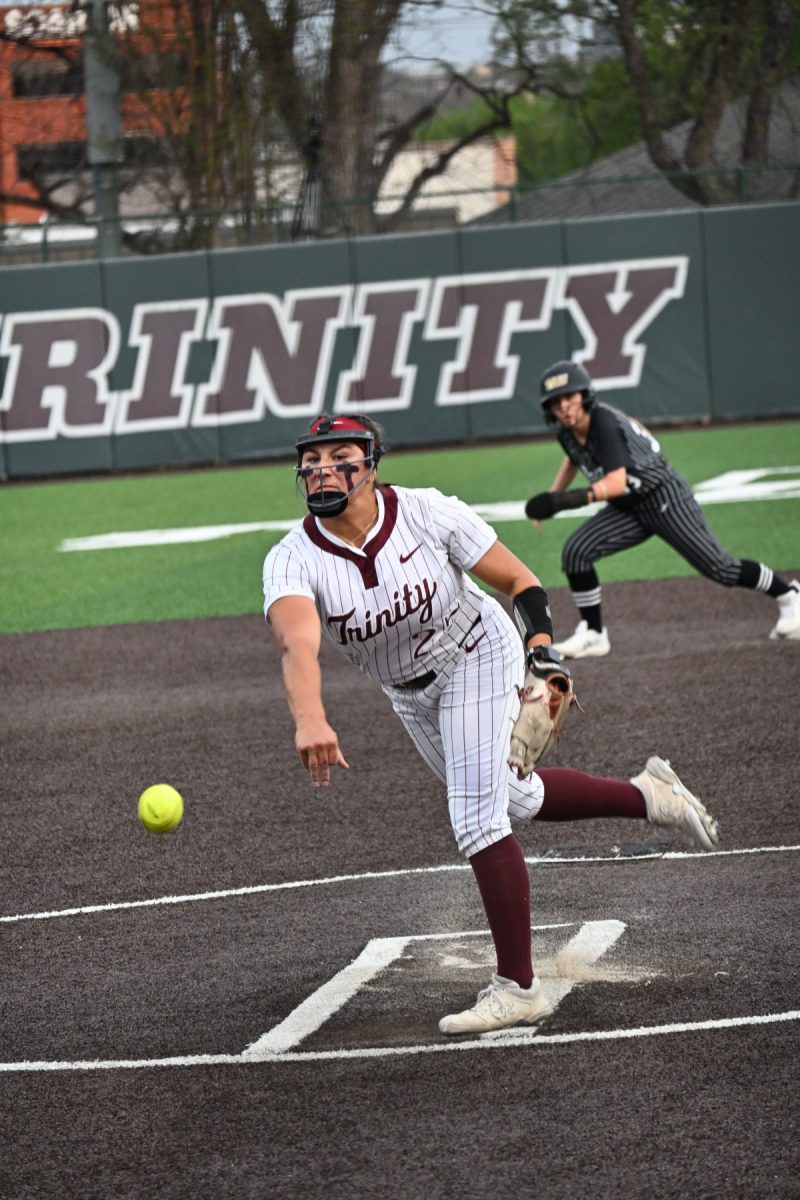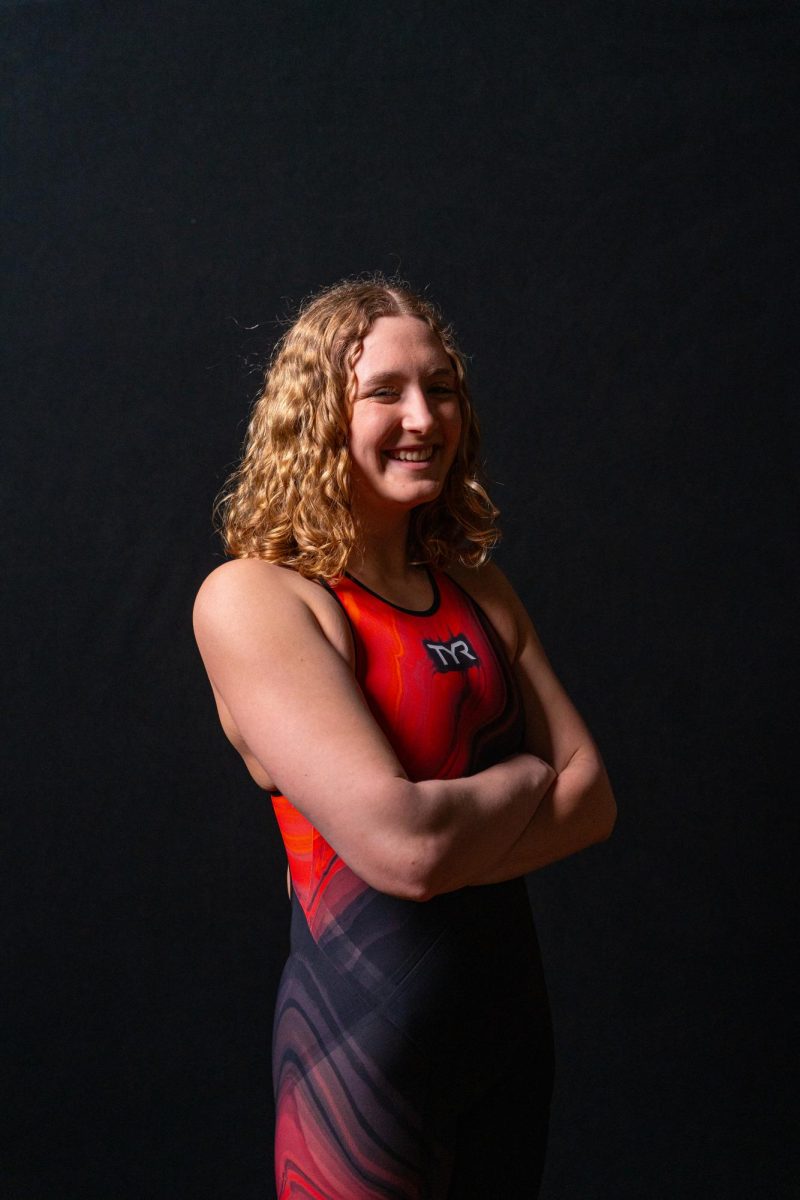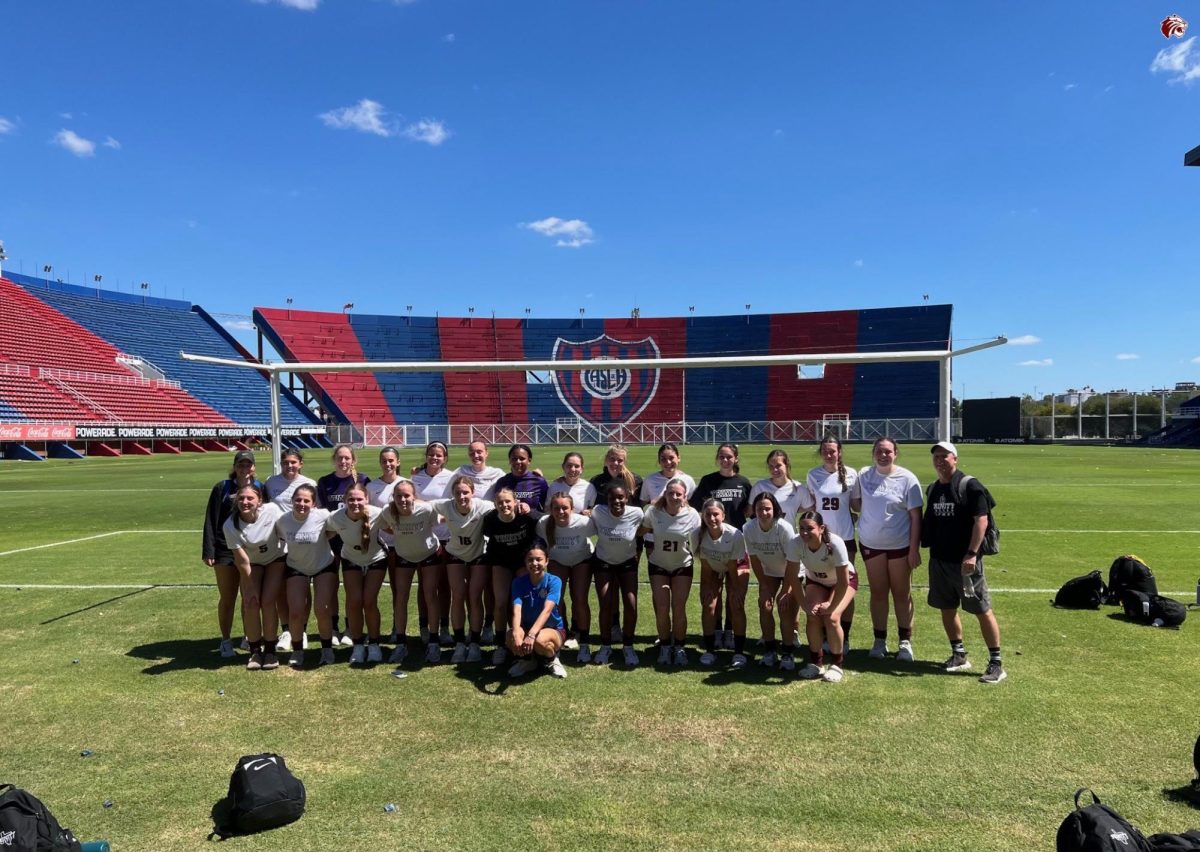What does it mean to be a leader? Is it when people follow you? Is it when people listen to you? Is it when you effect change on a group of people? It’s all of these things, and much, much more.
According to what I’ve learned in class, (thanks Professor Tingle) in order to be a good leader, one needs to have power. I’m not talking about all dictatorship power. The power I’m talking about is the ability to influence others and affects their beliefs, attitudes and actions.
This power comes in five different forms: referent (you like your coach cause he/she is a nice person), expert (your coach used to be on the olympic team), legitimate (they are your coach), reward (because you’ve been working really hard at practice, the coach starts you in the game) and coercive (coach makes you run a mile for being late to practices).
Obviously some powers are liked over others; I personally hate running extra and love nice coaches. Ideally the perfect leader would have an even mix of the powers but it’s rare when we encounter one of those truly ideal leaders. When we don’t like leaders it’s usually because they only use one or two of the powers. My high school soccer coach was possibly one of the worst people I have ever had the displeasure of interacting with because she only used legitimate and coercive power among other things. However, it can also go the other way around. If a leader just has referent power then the people below him/her are less likely to view them as a leader and more as just a friend. It’s a complicated relationship these powers have.
However, leadership in sports is a special kind of leadership in my opinion. Leaders in the real world usually just push their subordinates mentally and not physically. Example: “Please get that assignment turned in on time.” In sports, leaders push us mentally and physically. Example: A quarterback who must know the plays in his head but push his body to play the game at the same time. This takes a special dedication from the player and the coach.
Another difference between sports and the real world is the idea of assigned leaders vs. emergent leaders. Assigned leaders are based on position such as the coach or the team captain the coach assigns. Emergent leaders are the leaders perceived by others as the most influential member of the group. Teams often run into a problem with this because people would rather listen to emergent leaders than assigned leaders because they actually want to listen, not just because they have to. Assigned leaders often too don’t even have to have leadership skills to be the leader which becomes a big problem.
Now that I’ve given you the textbook answer, I’ll give you my answer.
There is no correct way to be a leader; no formula one can follow. Situations and people change constantly and a good leader changes with them. A leader inspires their followers to go above and beyond what they can do, pushing them to be the very best they can be. A leader must have their followers confident in their leading abilities. I could just give you all a famous quote from a famous leader that will “inspire” you to go out and lead, but instead I challenge you to go out and make your famous quote and be a leader that people want to follow whether it’s in life or in sports.




